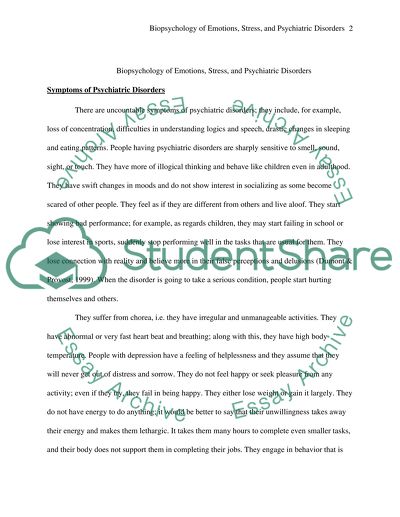Cite this document
(“Biopsychology of Emotion, Stress, and Psychiatric Disorders Research Paper”, n.d.)
Retrieved from https://studentshare.org/psychology/1451193-biopsychology-of-emotion-stress-and-psychiatric
Retrieved from https://studentshare.org/psychology/1451193-biopsychology-of-emotion-stress-and-psychiatric
(Biopsychology of Emotion, Stress, and Psychiatric Disorders Research Paper)
https://studentshare.org/psychology/1451193-biopsychology-of-emotion-stress-and-psychiatric.
https://studentshare.org/psychology/1451193-biopsychology-of-emotion-stress-and-psychiatric.
“Biopsychology of Emotion, Stress, and Psychiatric Disorders Research Paper”, n.d. https://studentshare.org/psychology/1451193-biopsychology-of-emotion-stress-and-psychiatric.


